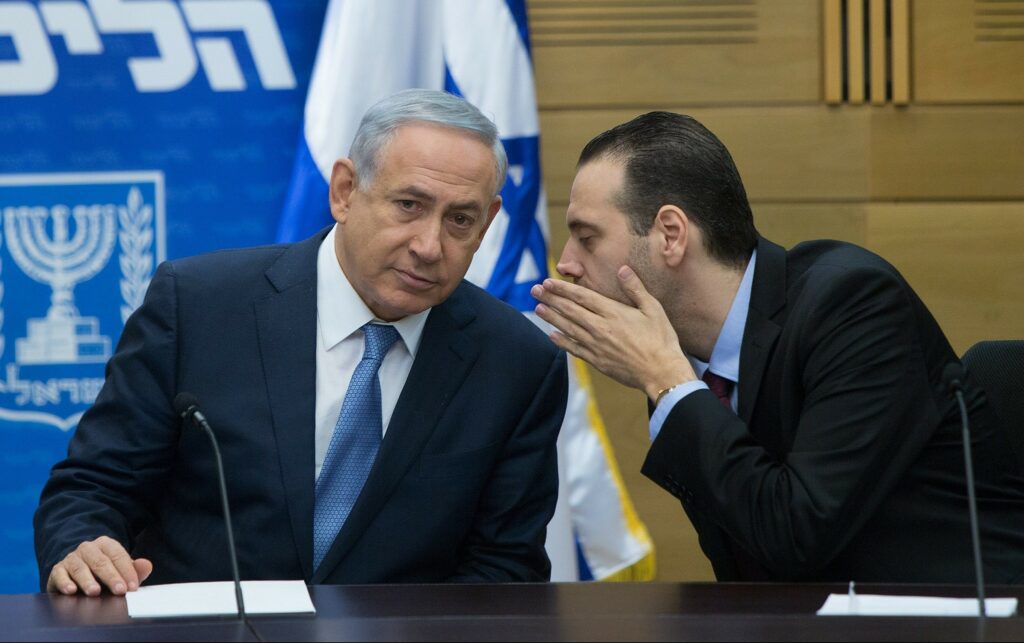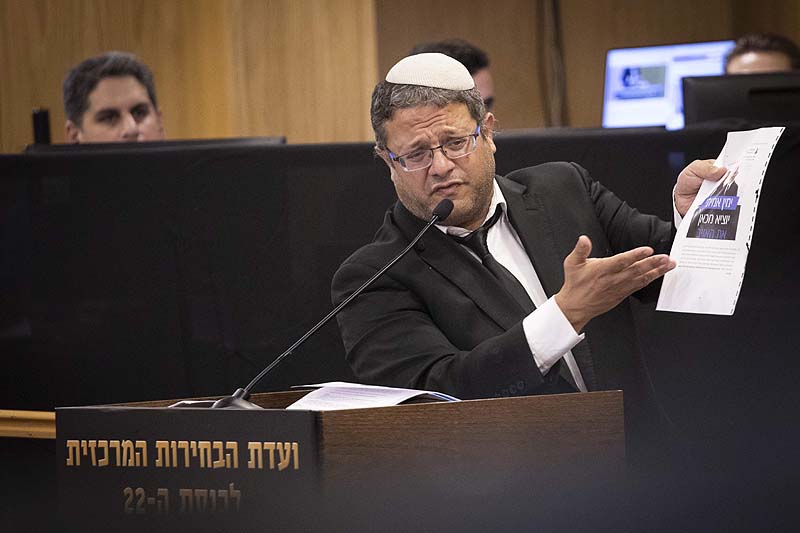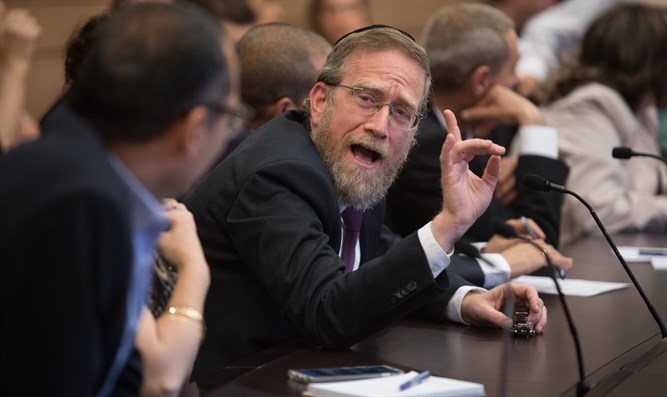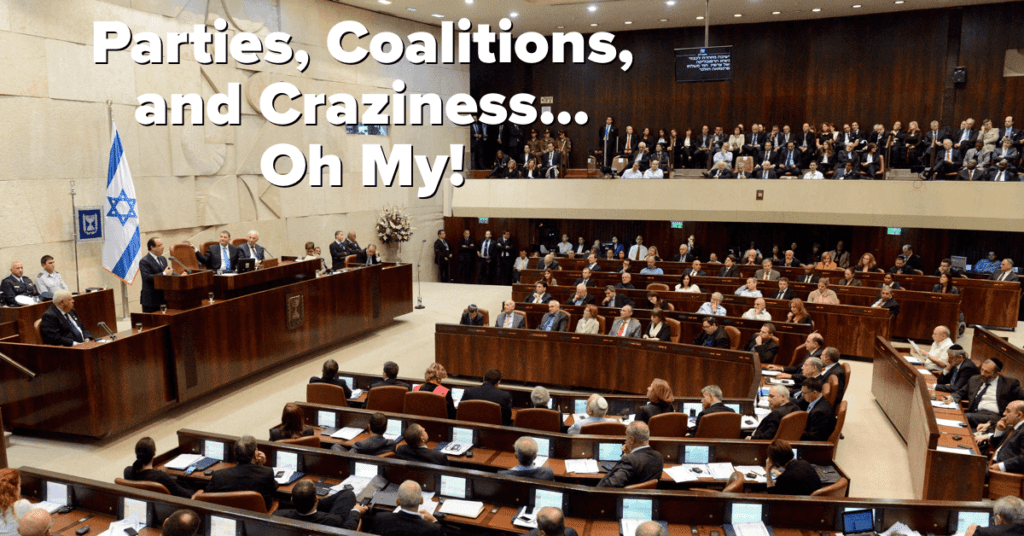Table of Contents
Yup, politics. More specifically, Israeli politics. Not something I love to talk about, and I’m sure there will be folk who do not love to hear what I have to say.
Israel’s Messy Political Situation
The political situation in Israel is a mess. Now, granted, it seems to be quite a mess everywhere. Americans are going nuts about Donald Trump and his ridiculousness. Our British brethren have more than what to be concerned about with all the crazy surrounding Brexit.
I even had a guest recently who claimed that as bad as all of this was, none of these countries compared to how insane the political situation was in Canada. Canada! If I remember correctly, the conclusion of the conversation was that the reason this isn’t spoken about much is because no one ever talks about Canada.
Ever!
Regardless, I have little to nothing to say about England or Canada, and minimal to say about the States. And way too much to say about Israel.
Israeli Government for Dummies
OK, for the uninitiated, Israel’s government for dummies (fasten your seatbelts):

In Israel we don’t vote for a leader, we vote for a party. Based on our votes, the parties will win seats to the government, making a total of 120 seats. If a party does not receive enough votes to get two seats, they cannot be included in the government. With me so far?
Now, once all the smoke clears, the party or parties with the most seats are then challenged to form a coalition of at least 61 seats, consisting of members of the other parties that were successfully elected into the government. If the coalition is formed, the leader of the party that created the coalition becomes the new Prime Minister. And voila, a simple and functional system. Right?
Parties and Coalitions
And it might be simple, if say one party had 61 seats all on their own. Or anywhere near 61. But that hasn’t happened in some time, and now the leader is charged with piecing together a coalition from a whole bunch of different parties, and all sorts of promises and compromises need to be made in order to make things happen.
And if the leaders cannot gather together a coalition by a certain date, the country needs to return to new elections. And you know what, that’s exactly what happened this past year. And just when you think things couldn’t get any more bizarre or dysfunctional, the entire scenario happened once again. And we are now a couple of months away from a way-over-the-top third election, replete with a current Prime Minister under criminal indictment.
Something’s Got to Change
The part that confuses me the most is how many people were convinced things would get settled between the first and second set of elections. People would explain how this party will compromise, and that party will make such-and-such decisions. And everything will work out OK.
But I just looked at everything and wondered what was actually different. I saw a world in which third elections were inevitable. And, frankly, I currently see a world in which fourth elections are inevitable.
Something has to change. Someone has to budge.
My first time living in Israel, I watched the political system change repeatedly. I don’t know the last time the system was revamped, but maybe the time has come for another go at how things are run around here.
Separation of Church and State
Of course, there are many possible ways this can be accomplished. But I would like to propose one that I think is long overdue: Separation of Church and State.

Now please understand, I identify as a religious person. And I am well aware of the religious/cultural backbone that is (likely) vital to the survival of the country. And it would be a crying shame if it were lost or damaged.
Parties and Prevented Progress
And I understand that the primary issue that creates a divide in the ideological battle between the ultra-religious and the secular is whether or not chareidim (ultra-orthodox) should have mandatory military service. My view on the subject is hardly traditional, and I can confidently say it would not bother me if they retained their military exemption.
However, and this is not exclusive to the religious parties, it feels like the religious political parties have a stranglehold on the country’s progress. The ultra-religious parties represent something like 15% of the government. And despite the fact that Israel is an extraordinarily complex organism with many issues of vital and existential importance to each and every citizen, these parties only focus upon a small number of extremely self-serving subjects, and they’re willing to let the country rot if they are not addressed to their liking.
Selfish Parties
These parties will not enter any coalition that won’t cave into their wants and needs, and thus the entire country is reliant upon those who truly don’t care about the security or financial stability of the rest of the country.
Again, these are hardly the only self-serving parties causing issues for the nation. They are not the only ones with unreasonable demands or whose stubbornness halts political progress.
But they’re the only ones who do so in the name of something that really should be excluded from the political arena: Religion.
The Rabbinic Leadership
I am an orthodox person. I am a believer, and I am very sympathetic to many religious causes. But I do not believe in theocracies or anything even slightly resembling a theocracy. Religion and politics do not mix well and never have.

The rabbinic leadership in Israel has a very narrow outlook, and, frankly, they are not at all good at what they do. Yet they’ve got their hands wrapped around the necks of such important issues as conversions and marriages. And now the country’s entire progress cannot move forward because they won’t back down on issues that objectively impact the minority of the country.
What Might Happen?
Placing religious elements in a political atmosphere does nothing positive for the religion's image. Share on XI understand why some might fear that removing the religious elements from the government could potentially damage the Jewish nature of the country. And I’m not so bold as to say these fears are baseless.
Although, I think history has shown that separating Church and State is not only good for the functioning of a government and a country, but is ultimately beneficial to religion as well.
Placing religious elements in a political atmosphere does nothing positive for the religion’s image. And the removal of aspects of coercion gives everyone a chance to grow naturally.
One thing is for sure, the current situation is dangerous, embarrassing, and expensive. It’s certainly worthwhile to try and do something different at some point.



